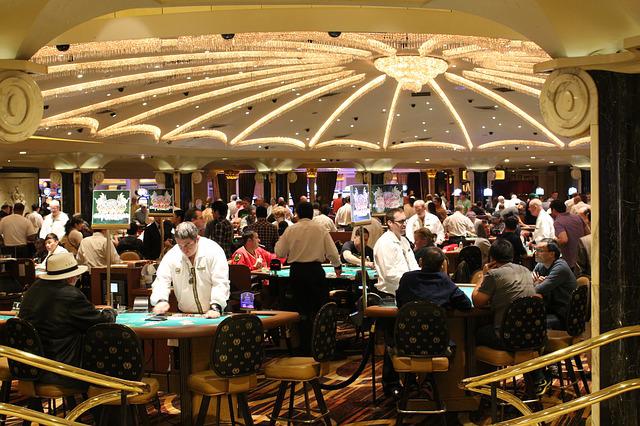Introduction
Problem gambling is an issue that affects countless individuals around the world. It is essential to shed light on the dark side of gambling, exploring the causes, consequences, and ways to avoid falling into the trap of problem gambling. This article aims to provide a comprehensive understanding of problem gambling and offer practical tips to prevent its occurrence.
What is Problem Gambling?
Problem gambling refers to the behavior of individuals who cannot resist the urge to gamble, despite experiencing negative consequences. It goes beyond occasional recreational gambling and can have severe implications on personal, financial, and social aspects of one’s life.
The Causes of Problem Gambling
Understanding the underlying causes of problem gambling is crucial for effective prevention and intervention. Several factors contribute to the development of this issue:
1. Psychological Factors
Some individuals may be more prone to problem gambling due to psychological factors such as impulsivity, low self-esteem, or a history of trauma. These underlying emotional issues can drive individuals to seek an escape in gambling.
2. Social and Environmental Factors
The influence of the social and environmental context cannot be underestimated. Easy access to gambling venues, peer pressure, and a culture that glorifies gambling can all contribute to the development of problem gambling behaviors.
3. Biological Factors
Research has shown that certain biological factors, such as genetic predisposition and neurotransmitter imbalances, can increase the risk of developing problem gambling. Understanding these factors can help identify individuals who may be more susceptible to this issue.
The Consequences of Problem Gambling
Problem gambling can have far-reaching consequences, affecting various aspects of an individual’s life:
1. Financial Implications
One of the most apparent consequences of problem gambling is financial hardship. Individuals may accumulate significant debts, lose their savings, or resort to illegal activities to fund their gambling habits.
2. Emotional and Psychological Impact
Problem gambling often leads to anxiety, depression, and other mental health issues. The stress caused by financial troubles and the inability to control gambling behavior can take a toll on one’s emotional well-being.
3. Relationship Problems
Problem gambling puts a strain on personal relationships, leading to conflicts, trust issues, and breakdowns in communication. The impact extends beyond immediate family members and can affect friendships and work relationships as well.
4. Legal and Criminal Issues
In some cases, problem gambling can lead individuals to engage in illegal activities to cover their losses. This behavior can result in legal consequences, further exacerbating the problems associated with problem gambling.
Preventing Problem Gambling
Prevention is key when it comes to addressing problem gambling. Here are some practical tips to avoid falling into the trap:
1. Set Limits
Establishing clear limits on time and money spent gambling can help prevent excessive engagement. Set a budget for gambling activities and stick to it strictly.
2. Recognize Warning Signs
Learn to recognize the warning signs of problem gambling in yourself or others. These may include excessive preoccupation with gambling, failed attempts to cut down, and neglecting personal and professional responsibilities.
3. Seek Support
If you suspect that you or someone you know may be developing a gambling problem, seek help from professionals. There are various resources available, such as helplines and support groups, that provide assistance and guidance.
4. Find Alternative Activities
Engaging in alternative activities and hobbies can help divert attention from gambling. Find healthy ways to cope with stress and boredom that do not involve gambling.
Conclusion
Problem gambling is a serious issue that demands attention and understanding. By exploring the dark side of gambling, identifying the causes and consequences, and implementing preventive measures, we can work towards reducing the prevalence of problem gambling. Remember, gambling should be a form of entertainment, not a destructive habit that takes control of your life.







Facebook Comments